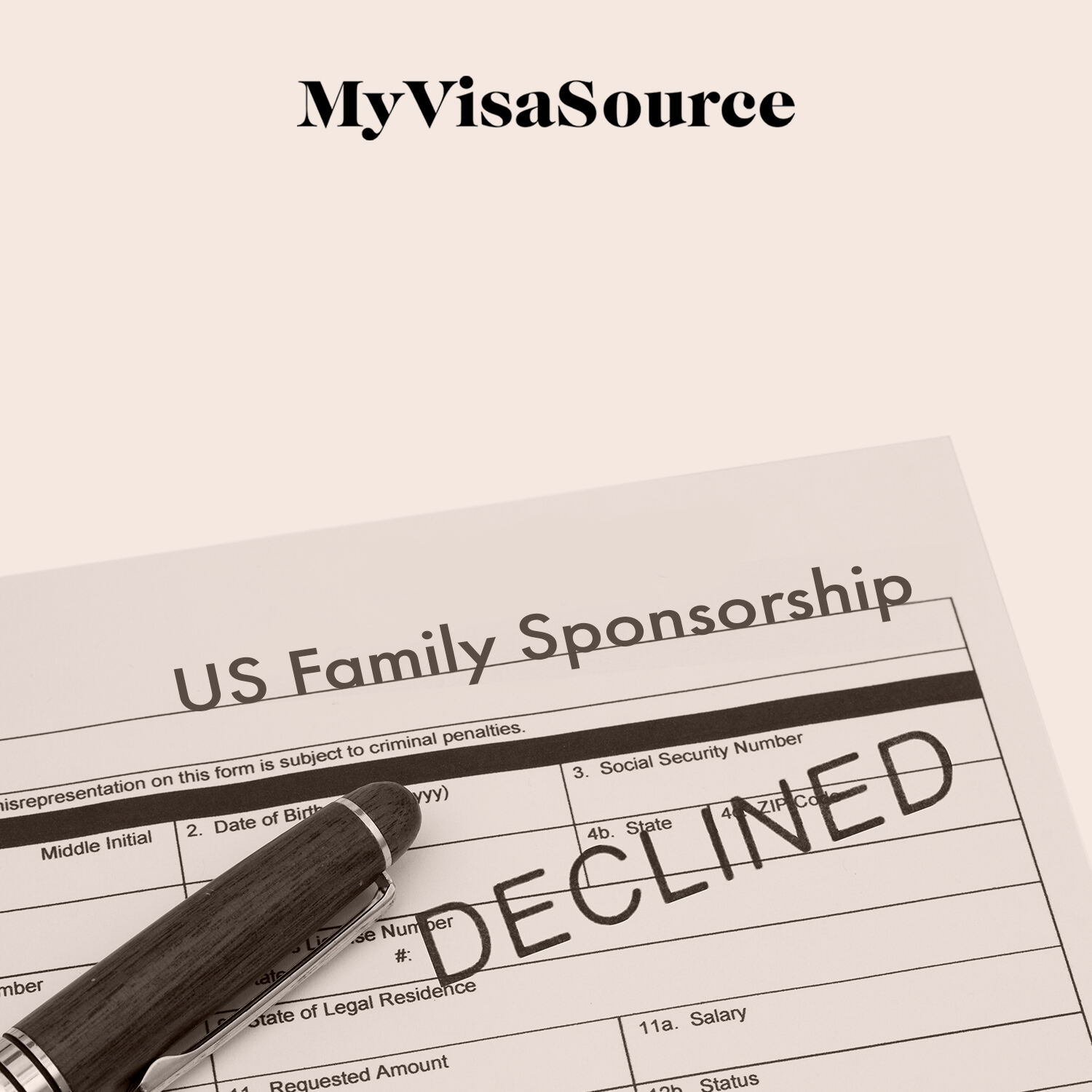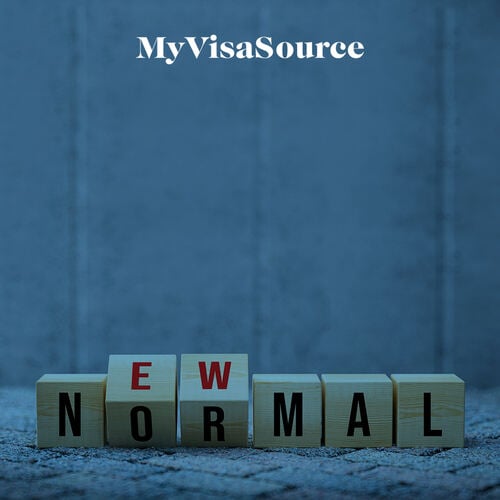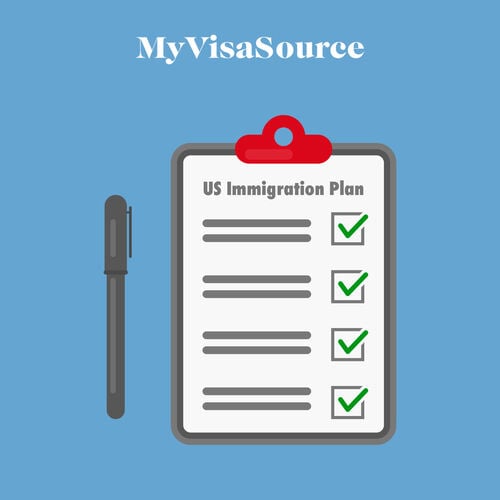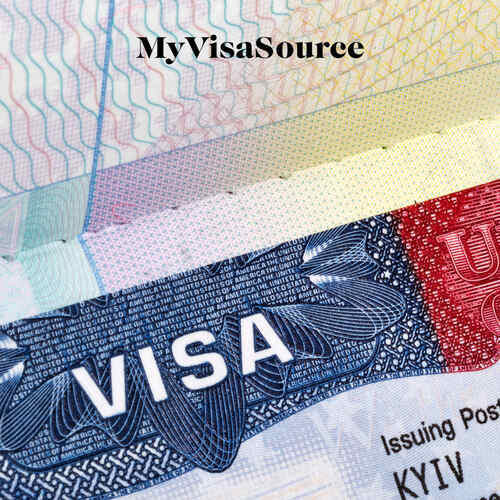If you want to sponsor your immediate or extended family members, then you are required to file Form I-130 to petition for family-based sponsorship. The US Citizenship and Immigration Service (USCIS) rejects thousands of family sponsorship petitions every year. The reasons for denial may vary but they are generally avoidable.
Form I-130 is also known as the Petition for Alien Relatives. The petition is to help a family member’s application to immigrate to the US. This petition is filed by a US citizen or lawful permanent resident and is the first step in the immigration journey of the family members of US citizens. If the USCIS denies this petition, then you must understand the reason for denial to start over.
To avoid the denial of your petition, it is best to make minimal mistakes by understanding the eligibility criteria and preparing an accurate and completed petition supported by all the required documents.
What Are the Possible Reasons for Denial for I-130?
There are many reasons why your Form I-130 petition may get denied by the USCIS. Here are 5 of the most common reasons for denial:
Insufficient Information:
Not providing all the required information for Form I-130 will get your petition denied. However, the USCIS may issue a Request for Evidence (RFE) before outright denying your petition. If you fail to respond to this request on time and appropriately, then your petition will get denied.
If you fail to submit the standardized version of your documents required by the USCIS, then your petition will be denied. This includes submitting poor photocopies of your documents. Any document in a foreign language must be translated before submission. If your birth or marriage certificate are badly photocopied or difficult to read, then the USCIS may deny your petition.
Eligibility:
Not meeting the requirements for eligibility for family sponsorship will get your petition denied by the USCIS. Your family relationship to the sponsor must be clear and fall into either immediate relative or family preference categories. This is a straightforward requirement, however, it may get complicated if you are sponsoring your step or adoptive relationships.

















